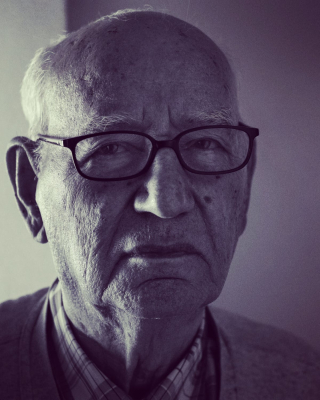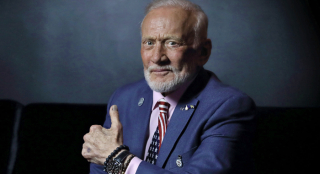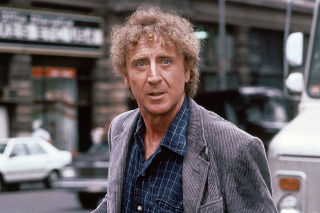 A healthy life where you retain all your faculties and enjoy yourself, is definitely preferred to decades of dementia. We don’t get to choose, but we can plan.
A healthy life where you retain all your faculties and enjoy yourself, is definitely preferred to decades of dementia. We don’t get to choose, but we can plan.
As Baby Boomers continue to change the face of aging, and so many embrace the idea of genetic testing, many are confronted with a harsh picture of what their future may bring. If that includes dementia, there are facts you need to know and myths that need to be uncovered.
The (Bryan TX) Eagle’s recent article, “Alzheimer’s disease: Five common myths, busted,” reports that, according to the Alzheimer’s Association, one in three seniors dies with Alzheimer’s or another type of dementia. There are up to 5.7 million individuals who live and die with the disease, which makes it the sixth leading cause of death in the United States. The article provides five common myths about Alzheimer’s disease.
 Houston Estate Planning and Elder Law Attorney Blog
Houston Estate Planning and Elder Law Attorney Blog










